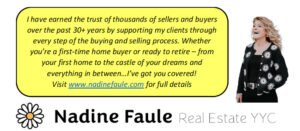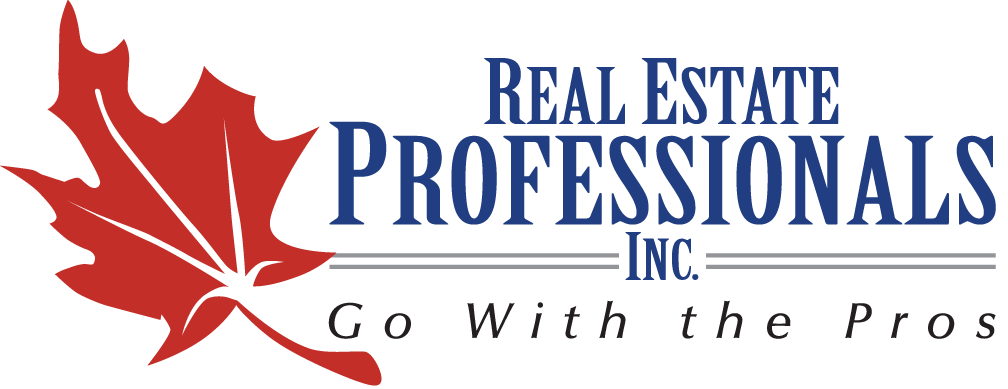How to Start AND Be Successful Investing in Real Estate
I’ve always promoted the benefits of owning a revenue property – I have some myself and they have historically been strong performers in my portfolio. There can be lots of pitfalls to avoid in the rental market but educating yourself, having a plan and surrounding yourself with the right professionals will help make your investment dreams a reality. Whether you’re thinking about buying your first rental property or closing on your fifth, check out the below tips!
Have a plan
This might sound basic but you’d be surprised how many people jump into the investment market without doing much research and are just “winging it”. Start with setting a budget and timeline – and expect to go over on both! Savvy investors set aside an additional 50% of their budget as reserves, especially if you are a new investor and renovations are involved. Even if the property is relatively “move-in ready”, it is important to have funds set aside to cover unexpected expenses like toilet issues, furnace problems or appliances on the fritz. Long-term rental property owners report that their annual expenses for a rental property of an average of $1,000 per month were 55% of the gross rent. Make sure your business plan and budget factors these costs in. Consider having an annual walkthrough written in to your lease. Take the opportunity to ask the renter if they notice anything that needs to be fixed, check bathrooms and the kitchen for required maintenance. Staying on top of repairs can save you in the long run.
Get to know your market
Stay on top of the current trends, average rents, interest rates and demographics in your preferred areas. This will allow you to react to changing markets, amend your strategies and become a more efficient investor. Pay attention to emerging communities and revitalized established neighbourhoods for opportunities. Don’t be afraid to diversify, buying a variety of properties in different areas – don’t limit your potential profitability by sticking to a small geographic area.
Don’t over-leverage or over-rehab
You can be successful and still go broke if every rental is mortgaged out. As you build, try to have some of your rentals free and clear so a few longer-than-anticipated vacancies or dips in your cash flow doesn’t stall you out. Over-rehabbing can be easy to do but keep your improvements on par with the area – you want it to look fresh and homey but you don’t need to break the bank to achieve that.
Count on vacancies
A vacancy creates a hole in our cash flow that often people don’t anticipate. The only way to mitigate an unknown like a vacancy is to factor it into the cost of managing your property. Experts advise you to assess the property and tenant, then factor in how much revenue loss you might expect annually, generally in the 2%-5% range.
Don’t bank on appreciation
It can work but it’s a higher risk than starting off right and making your money when you buy. It can be easy to overpay for a property, especially in a hot market, but it’s worth it to wait for the right property. Ones that need a bit of work but have cash flow from day one are an ideal starting place to maximize profit.
Manage your risk with exit strategies
For example, if you are just starting out or don’t have much of a budget, you want to mitigate your risk factors by buying flip homes that can also serve as rentals immediately. That way, if your renovations cash-flow hits a snag, you can still cover your monthly expenses and more by renting it out right away and flipping it down the road. Stay away from properties that would leave you even or at a negative cash flow in any situation.
Take the real estate advice of a wealth manager or portfolio broker with a grain of salt
Some advisors suggest avoiding investing in real estate as they view it as illiquid or management-intensive. This is where doing your own personal and market-driven homework comes in. While those reasons can be true, these particular advisors do not get paid on your property investments so may steer you to commission-based products as this is their business. Run your own numbers to decide if the potential cash flow works for your investment goals.
Find an accountant
Understanding tax laws and income reporting requirements can be tricky so hiring a good accountant will save you time and money, for a reasonable cost. An accountant knows all the ins and outs of how to properly disclose as well as maximize profits on your real estate investments and is a must on the team of professionals you need on your side to be successful.
Have a trusted REALTOR® at your side
Knowing the market, city and investment property strategies are all traits my investor clients value in the services I provide when they are buying and selling their investment properties. They appreciate that they can leverage my 30+ years of feet-on-the-ground knowledge to further their real estate portfolio. There are other professionals I can loop you in with as well, like a legal team, home inspection services and experts in a variety of fields. Having a strong, knowledgeable support system will make each transaction seamless, allowing you to focus on how your will turn this property into cash in your pocket.
The end-game
Rental properties can be a lucrative way to provide a passive, steady income as a part of your long-term investment strategies and getting started can be easy. Let my experience in revenue properties, property management and tenant & landlord relations go to work for you as part of your investment dream team! Visit me on Facebook and Google!

![]()

